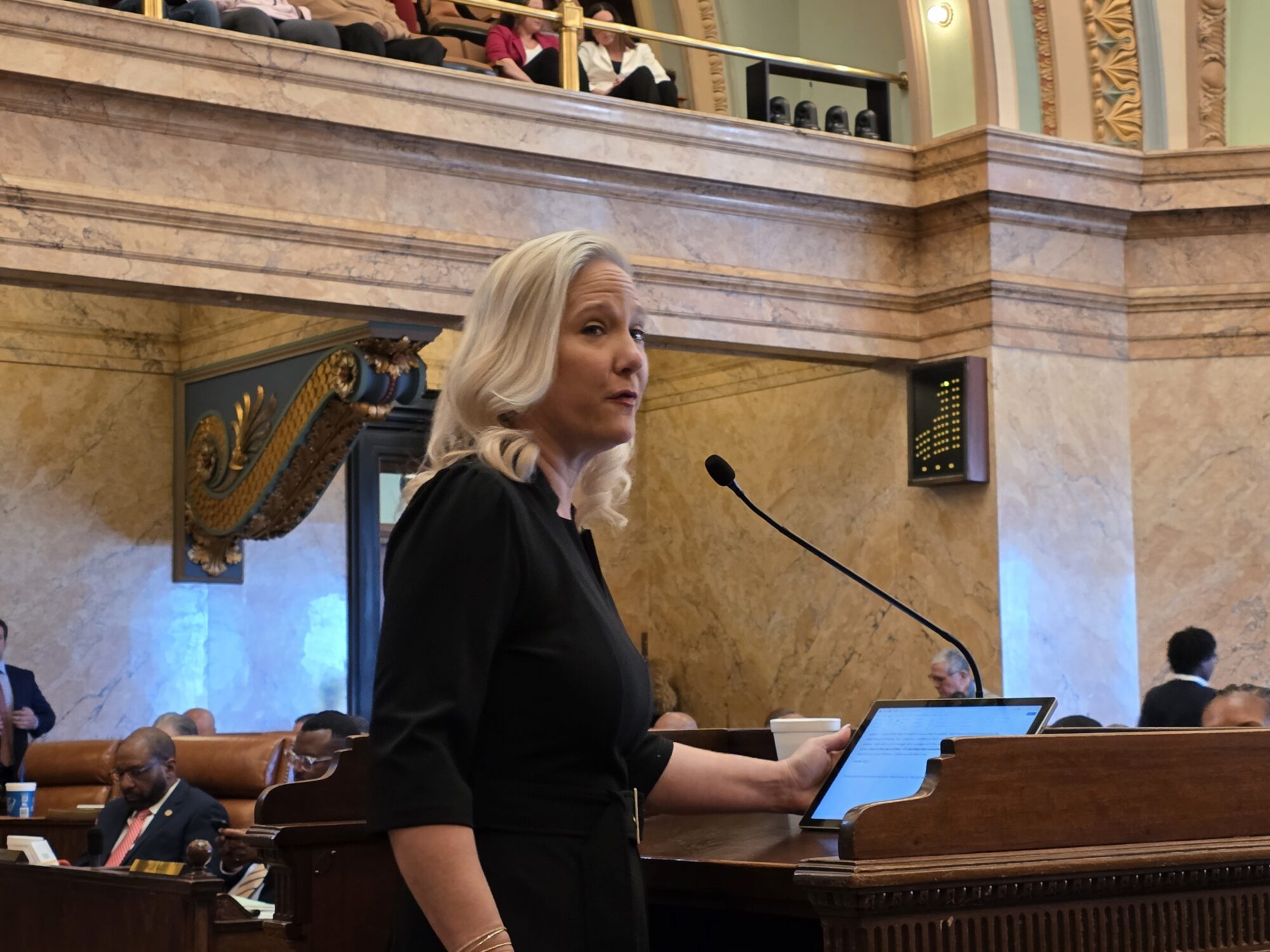“In politics,” he told me, “things are never as good as they seem and they’re never as bad as they seem.” The Democrats won because they had a candidate—Obama—who “could sell Fords to Chevrolet dealers” and “charm the skin off a snake.” And because the candidate had had a “romance with the press unlike any before, certainly in my lifetime.” And then, of course, there was the most important reason—the reason Obama was destined to win all along: “It was the Democrats’ turn.”
At the beginning of 2010, this no longer seems an outlandish analysis. The serious people have traded their talk of historical epochs for some very present politics. The public no longer seems as enchanted with the president; he disappoints the left and scandalizes the right. Sensing vulnerability, Republicans are simply looking for someone who knows how to win.
For the near future, the task of winning belongs to Barbour, who took charge of the RGA in the wake of the Sanford scandal. In 2010, he will lead the party’s efforts to win a majority of the nation’s governorships. In these contests, the party hopes to adapt the model that worked in last year’s Virginia governor’s race—running a conventional conservative candidate in a campaign that plays up discontent with Obama’s Washington. If it works, the Republicans will have their first solid record of revival, and Barbour will deserve a good share of the credit.
Mr. Fix-It for the GOP is a role Barbour has played with great success in the past. Many Republicans give him as much credit as Newt Gingrich for the Republican “revolution” of 1994, even if his contribution was mostly behind the scenes. He’s one of few Republicans whose stature benefited from their handling of Hurricane Katrina. The effectiveness of Barbour’s hustle (and his deep Washington connections) is evident to anyone who drives across the Pearl River from the Mississippi Gulf Coast—spiffed up with shiny new commercial ports and open-for-business casinos—into the sad, stagnant desolation of Louisiana. Traveling the country as RGA head, he has bucked up the quavering party, reassuring nervous Republican donors that the GOP’s prospects aren’t nearly as bad as they seem. The donors apparently like what they’re hearing: the RGA starts 2010 with more cash on hand than it spent in all 36 governors’ races in 2006, combined.
Newsweek
1/4/10







